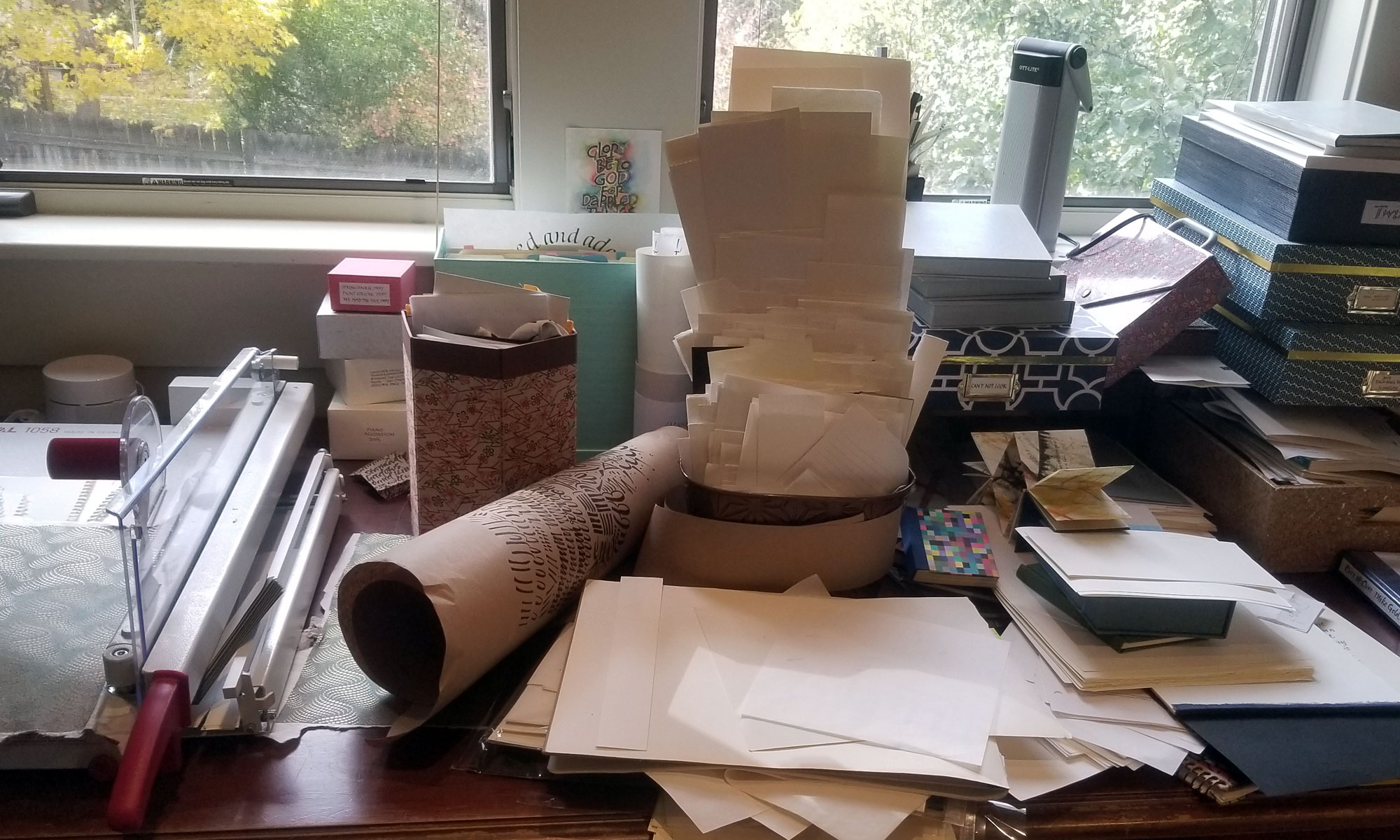The essay question at the end of the final exam in History and Theory of Graphic Design directed us to speculate on the future of the book. It was an interesting question, and after I walked out of the exam room I continued to think about different aspects of the question.
At The New Atlantis, there’s a thought-provoking article by Christine Rosen entitled People of the Screen. In it, Ms. Rosen predicts what may result if we trade in the literacy learned throughout our 500-year-old history of book technology for “digital literacy,” as she calls it. The article is long and covers a wide range of issues. Two are particularly interesting to me. First, there is the connection between screen vs. paper reading and extrovert vs. introvert personality:
For centuries, print literacy has been one of the building blocks in the formation of the modern sense of self. By contrast, screen reading, a historically recent arrival, encourages a different kind of self-conception, one based on interaction and dependent on the feedback of others. It rewards participation and performance, not contemplation. It is, to borrow a characterization from sociologist David Riesman, a kind of literacy more comfortable for the “outer-directed” personality who takes his cues from others and constantly reinvents himself than for the “inner-directed” personality whose values are less flexible but also less susceptible to outside pressures. How does a culture of digitally literate, outer-directed personalities “read”?
The second issues is related but not identical:
[When encountering a novel,] you must first submit yourself to the process of reading it—which means accepting, at some level, the author’s authority to tell you the story. You enter the author’s world on his terms, and in so doing get away from yourself. Yes, you are powerless to change the narrative or the characters, but you become more open to the experiences of others and, importantly, open to the notion that you are not always in control. In the process, you might even become more attuned to the complexities of family life, the vicissitudes of social institutions, and the lasting truths of human nature. The screen, by contrast, tends in the opposite direction. Instead of a reader, you become a user; instead of submitting to an author, you become the master.
She finishes up with a rather harrowing picture of a monastic society of readers which dwindles to arcane hobbydom, gradually leaving the mainstream of society to fade into oblivion. This picture doesn’t seem likely to me, but it does somehow remind me of the surprise and sense of “otherness” I feel on discovering that someone I thought I knew well lives in a house which contains no books at all. It’s a divide which seems unbridgeable.

I’m in my mid-40s, with some training in calligraphy and in graduate school in art. I think these ideas have merit, because there seem to be real cultural differences between myself and my fellow students in their late 20s. The aspect of public performance with social media is new to me.